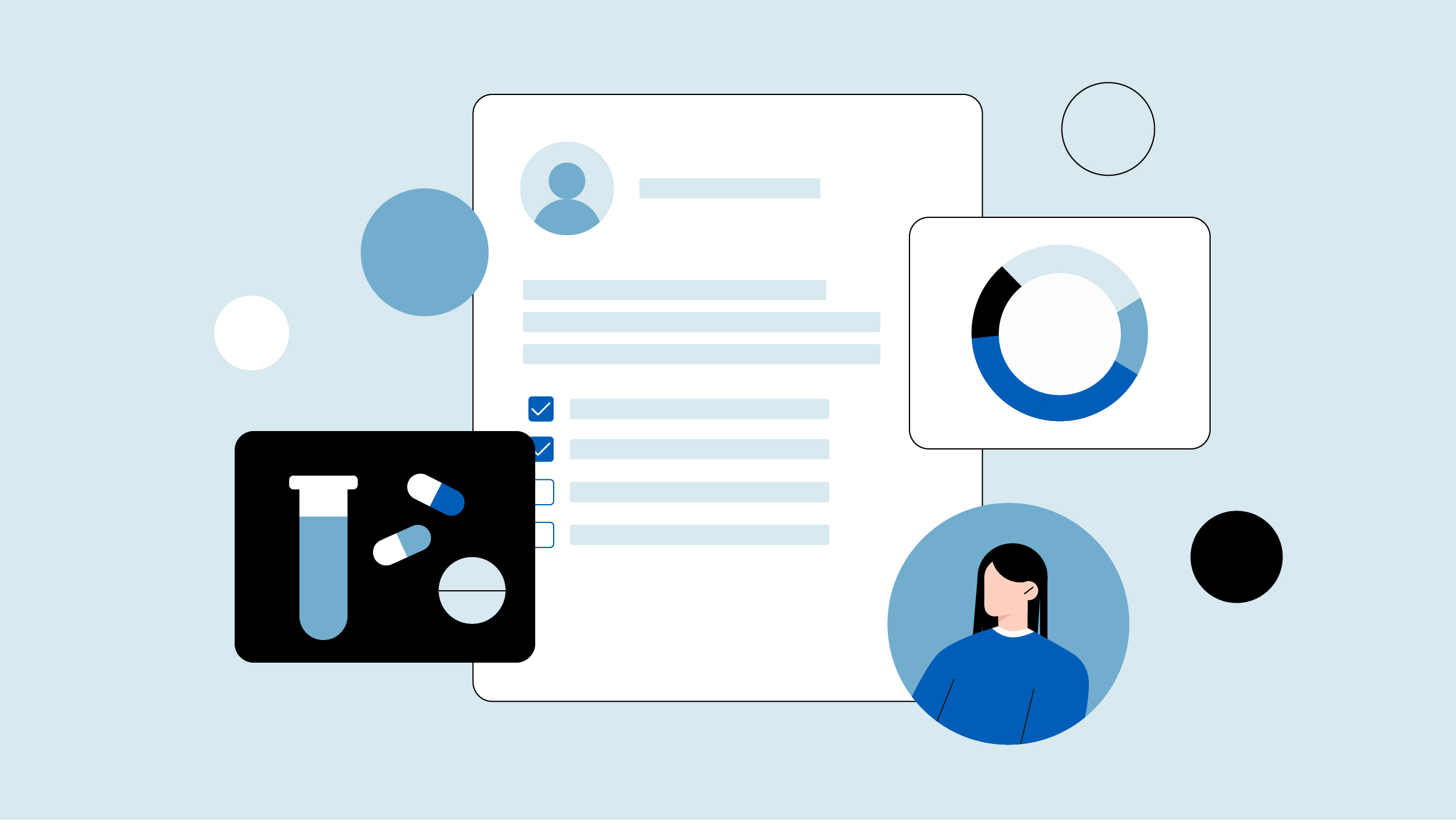What should I tell my care team before I take this medication?
They need to know if you have any of these conditions:
- Asthma
- Blood clotting disorder or history of blood clots
- Cancer, such as breast, cervical, or liver cancer
- Diabetes
- Gallbladder disease
- Having surgery
- Heart or blood vessel conditions
- Hereditary angioedema, a genetic condition that causes episodes of severe swelling
- High blood pressure
- High cholesterol
- High levels of calcium in your blood
- History of heart attack
- History of stroke
- Hysterectomy
- Kidney disease
- Liver disease
- Lupus
- Migraine or other severe headaches
- Porphyria
- Seizures
- Thyroid disease
- Tobacco use
- Unusual vaginal bleeding
- An unusual or allergic reaction to estrogens, other medications, foods, dyes, or preservatives
- Pregnant or trying to get pregnant
- Breastfeeding
What may interact with this medication?
This medication may affect how other medications work, and other medications may affect the way this medication works. Talk with your care team about all of the medications you take. They may suggest changes to your treatment plan to lower the risk of side effects and to make sure your medications work as intended.
This list may not describe all possible interactions. Give your health care provider a list of all the medicines, herbs, non-prescription drugs, or dietary supplements you use. Also tell them if you smoke, drink alcohol, or use illegal drugs. Some items may interact with your medicine.
What should I watch for while using this medication?
Visit your care team for regular checks on your progress. Tell your care team if your symptoms do not start to get better or if they get worse. Talk to your care team about how often you should have a pelvic exam, breast exam, and a mammogram.
Talk to your care team about your risk of cancer. You may be more at risk for certain types of cancer if you take this medication. Talk to your care team right away if you have vaginal bleeding while on this medication.
If you have a uterus, talk to your care team about whether adding a progestin to your hormone therapy is right for you. Taking progestins with estrogen therapy may lower the risk of uterine cancer, but can have other health risks.
Talk to your care team if you use tobacco products. Changes to your treatment plan may be needed. Tobacco increases the risk of getting a blood clot or having a stroke while you are taking this medication. This risk is higher if you are 35 years or older.
Tell your care team right away if you have any change in your eyesight.
If you are going to need surgery or other procedure, tell your care team that you are using this medication.
You may leave this medication in place during sex. You may leave it in place if you need to use medication for a vaginal infection. If it comes out during the 90-day period, clean it with warm water and put it back in.
If you may be pregnant, stop taking this medication right away and contact your care team.
What are the most serious risks of this medication?
Do not use this medicine to prevent heart disease. Using estrogens with or without progestins may increase your chances of getting heart attacks, strokes, or blood clots.
Estrogens with progestins may increase your chances of getting breast cancer. Talk to your healthcare provider before taking this medicine if you have ever had cancer. Call your healthcare provider right away if you get new breast lumps.
Estrogens with or without progestins may increase your chance of getting dementia based on a study of women 65 years of age or older.
If you have a uterus, using estrogens alone (without progestins) may increase your chance of uterine cancer (cancer of the womb).








